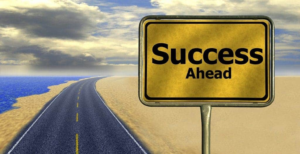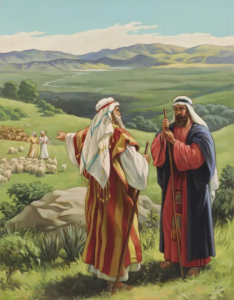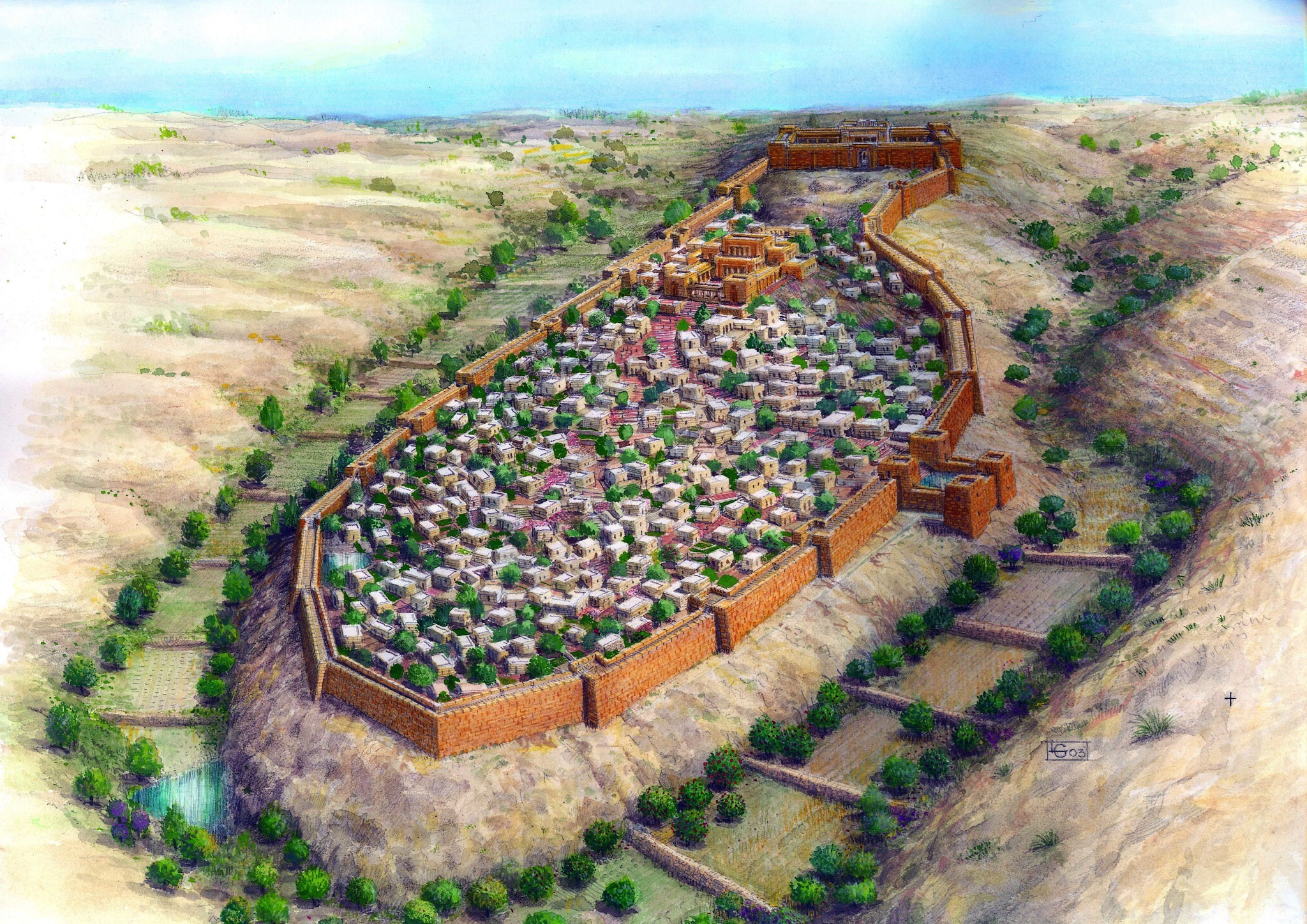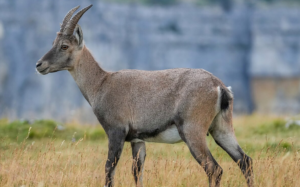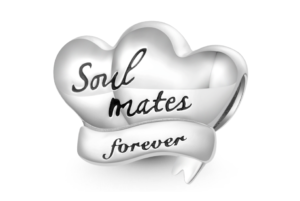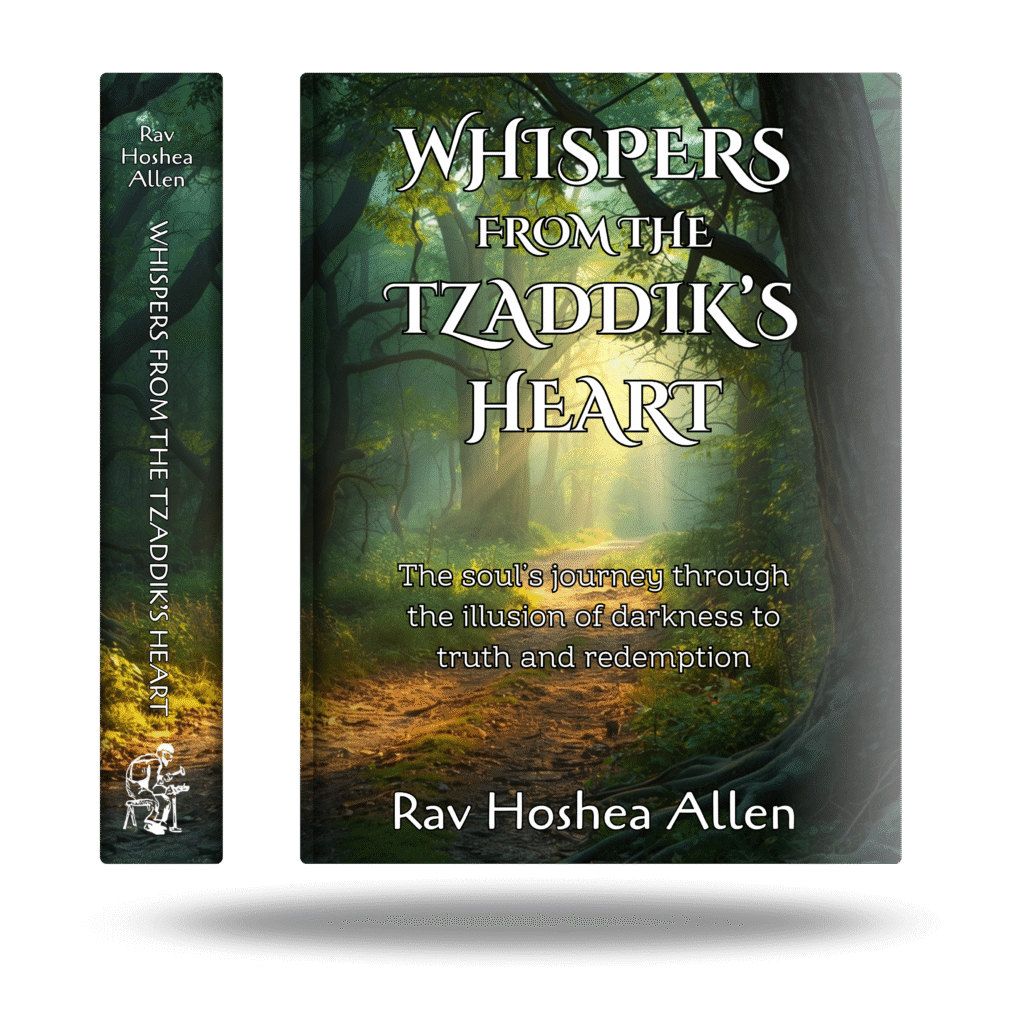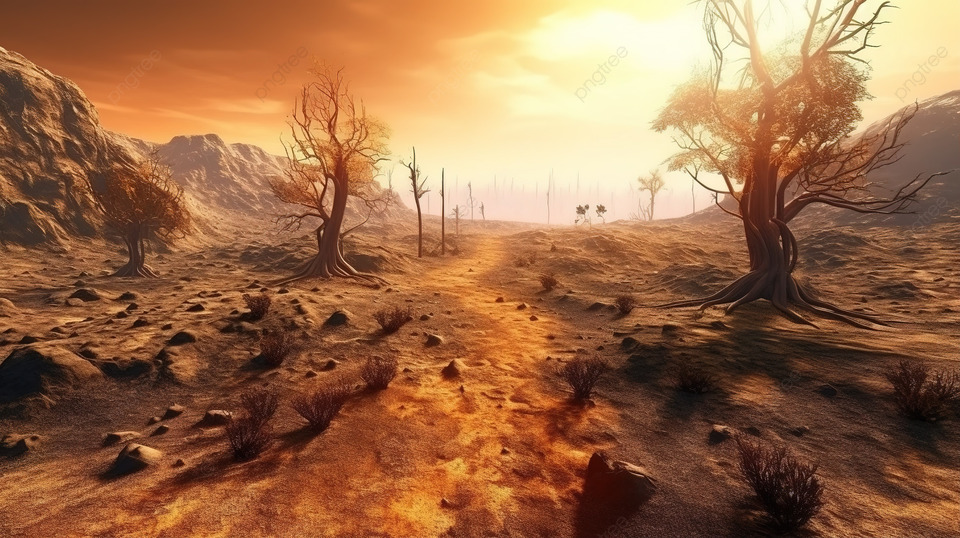
Lot and the Valley of Weeping
How a Secret Message in Lecha Dodi Can Transform Your Life: Have you ever felt like your life was a complete mess, that everything you relied upon to create stability and order in your world had been turned completely upside down, overturned in some type of cataclysmic upheaval? You know

